Keynote Lectures
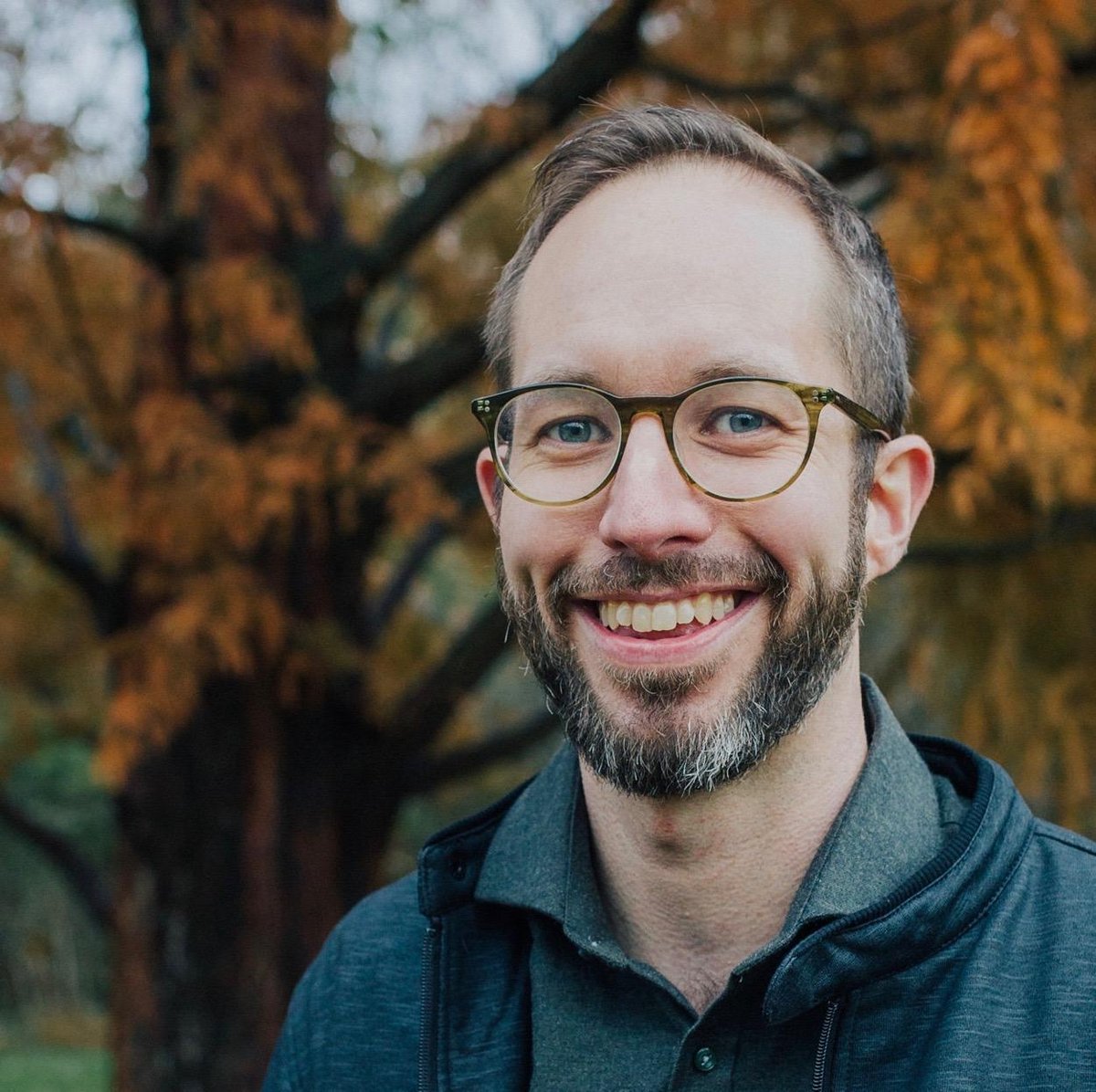
Christopher A. Bail
Professor of Sociology, Public Policy, and Data Science
Duke University, USA
'Social media, opinion polarization, and social cohesion'
Popular narratives about how social media shapes political polarization emphasize echo chambers, foreign misinformation campaigns, and algorithmic radicalization. Yet a careful review of the scientific literature indicates there is surprisingly little evidence that these factors shape political beliefs or inter-group attitudes. Drawing upon multiple field experiments, large-scale analysis of social media data, and longitudinal in-depth interviews, this talk will describe Professor Bail’s new book ‘Breaking the Social Media Prism: How to Make our Platforms Less Polarizing.’ He will offer a new account of political polarization on social media that emphasizes the role of social identity, status-seeking, and social learning.
Thursday, September 30, 17:00 - 17:45
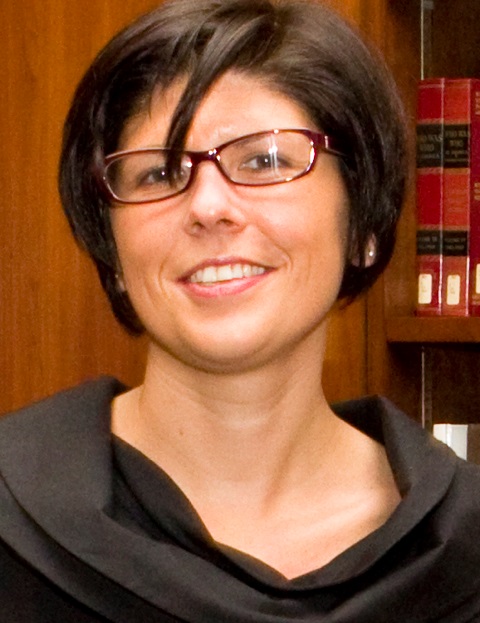
Delia Baldassarri
Professor of Sociology
New York University, USA
'Diversity and prosocial behavior'
How does prosocial behavior extend beyond in-group boundaries in multiethnic societies? While some scholars quickly concluded that ethnic heterogeneity undermines social cohesion, I argue that the type of prosociality that helps heterogeneous societies function is different from the in-group solidarity that glues homogeneous communities together. The interdependence and division of labor of life in contemporary urban settings often forces people outside the comfort zones of their familiar networks to constructively interact with unknown, diverse others. Using large-scale lab-in-the-field experiments to study interethnic behavior, my research confirms contact theory intuition that interaction with outgroup members fosters prosociality, despite the persistence of discriminatory behavior toward minorities in selection processes.
Friday, October 1, 16:00 - 17:30
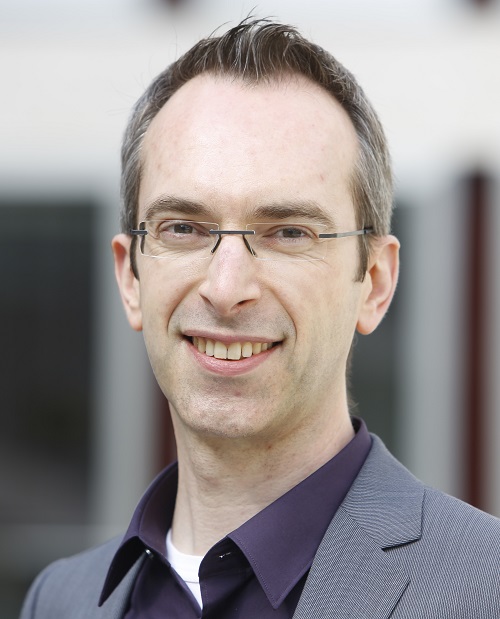
Markus Gangl
Professor of Sociology, Area Social Stratification and Social Policy
Goethe Universität Frankfurt, DE
'A New Old Macroeconomics of Social Cohesion: Rising Prosperity Still Trumps Rising Inequality, at Least for Many'
Based on a harmonized database of survey data from 32 countries and spanning a four-decade observation window, we find that rising economic inequality has contributed to lower levels of social trust, yet also that simultaneous increases in prosperity have outweighed the adverse effects of rising inequality in the aggregate, even while inclusive growth became increasingly important for sustaining cohesion in rich societies. Yet since positive effects of rising prosperity mainly accrue as private gains among successful citizens, the contextual effects of macroeconomic conditions appear decidedly more negative than their total effects. We furthermore see an increasing trust wedge between privileged and less fortunate citizens as societies have become more prosperous.
Wednesday, September 29, 13:30 - 15:00
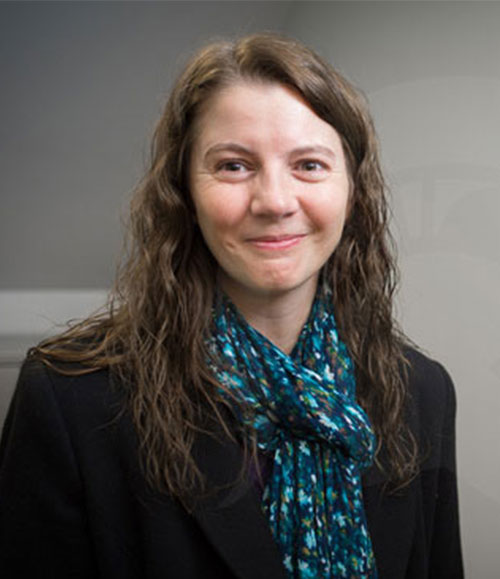
Sandy Marquart-Pyatt
Professor of Sociology,
Environmental Science and Policy Program
Michigan State University, USA
Unfortunately, this lecture was cancelled.
'Environmental concern, climate change, and social cohesion in comparative context'
Although we have made numerous gains in research on environmental concern and climate change views in recent decades, how these are tied to social cohesion is less well understood. To improve our understanding, I describe current work on these topics across more than two dozen modern societies using multiple years of data from major international public opinion surveys. I propose a framework for how to better connect these research streams. Results from empirical models using structural equation modeling with latent variables reveal robust findings across nations, providing insights for future comparative work.
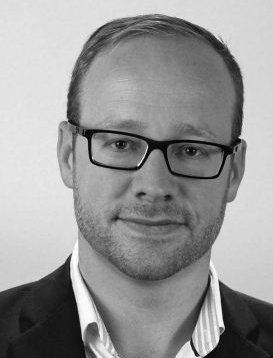
Fabian T. Pfeffer
Associate Professor and Associate Chair, Department of Sociology
University of Michigan, USA
'Wealth Inequality as Corrosion'
If inequality is a challenge to social cohesion, an increased focus on household wealth seems particularly urgent as wealth constitutes a dimension of extreme inequality. This talk will present recent findings on inequality in household wealth, including in comparative perspective, and trace its intergenerational consequences. It also invites us to think about novel proposals to reduce the corrosive effects of high levels of wealth inequality and transmission.
Wednesday, September 29, 13:30 - 15:00

Richard G. Wilkinson
Professor Emeritus of Social Epidemiology
University of Nottingham, UK
'Why inequality destroys social sohesion'
There is now a great deal of empirical evidence that economic inequality is damaging to social cohesion. It weakens community life, reduces trust, makes people less willing to help others, increases violence, makes class and status more important, and increases political polarisation. But why does it have such profound effects? Richard Wilkinson will show that inequality changes the nature of social relationships, and then, using both biological and sociological data, he will argue that the answer lies in our evolved psychological sensitivity to sharing and hierarchical relationships.
Friday, October 1, 16:00 - 17:30
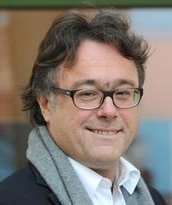
Michael Zürn
Director of the Research Unit Global Governance
WZB Berlin Social Science Center, DE
Professor of International Relations
Freie Universität Berlin, DE
'Polarization or multiple cleavages? What constitutes a challenge to liberal democracies'
In current Political Sociology, especially two debates receive high levels of attention: the notion of new societal cleavages that create multi-dimensional political spaces and the fear of societal polarization. At first sight, these two debates seem to come to opposing diagnoses of the state of social cohesion. A society with multiple and cross-cutting cleavages seems to be the opposite of a polarized society and often is the foundation of a cohesive society. Against this background, I want to ask which specific constellations and issues may undermine cohesion in societies with multiple cleavages.
Wednesday, September 29, 19:30 - 20:15